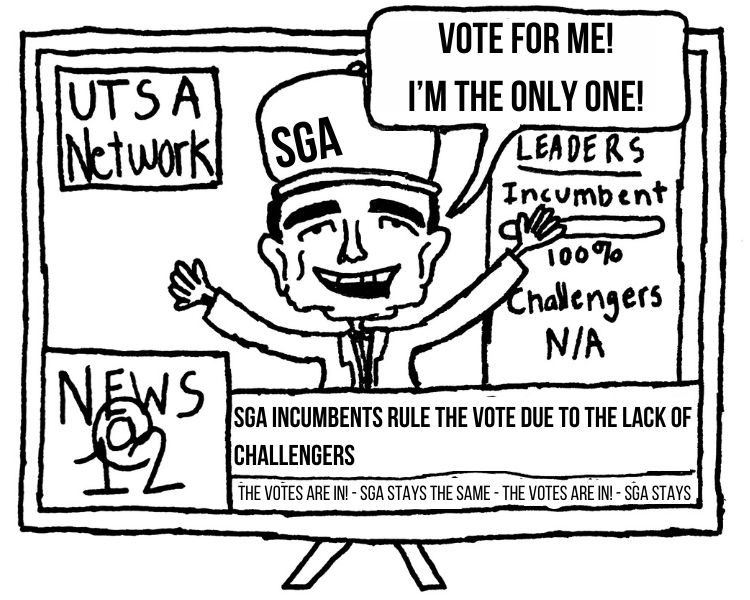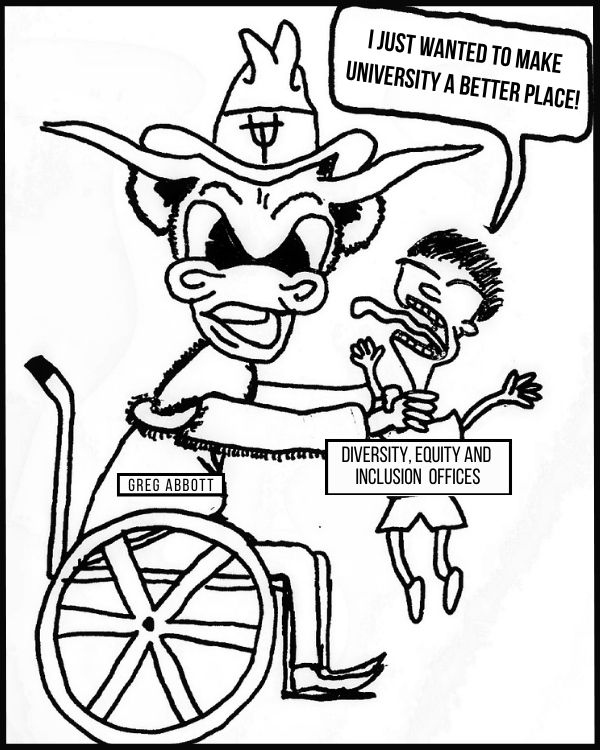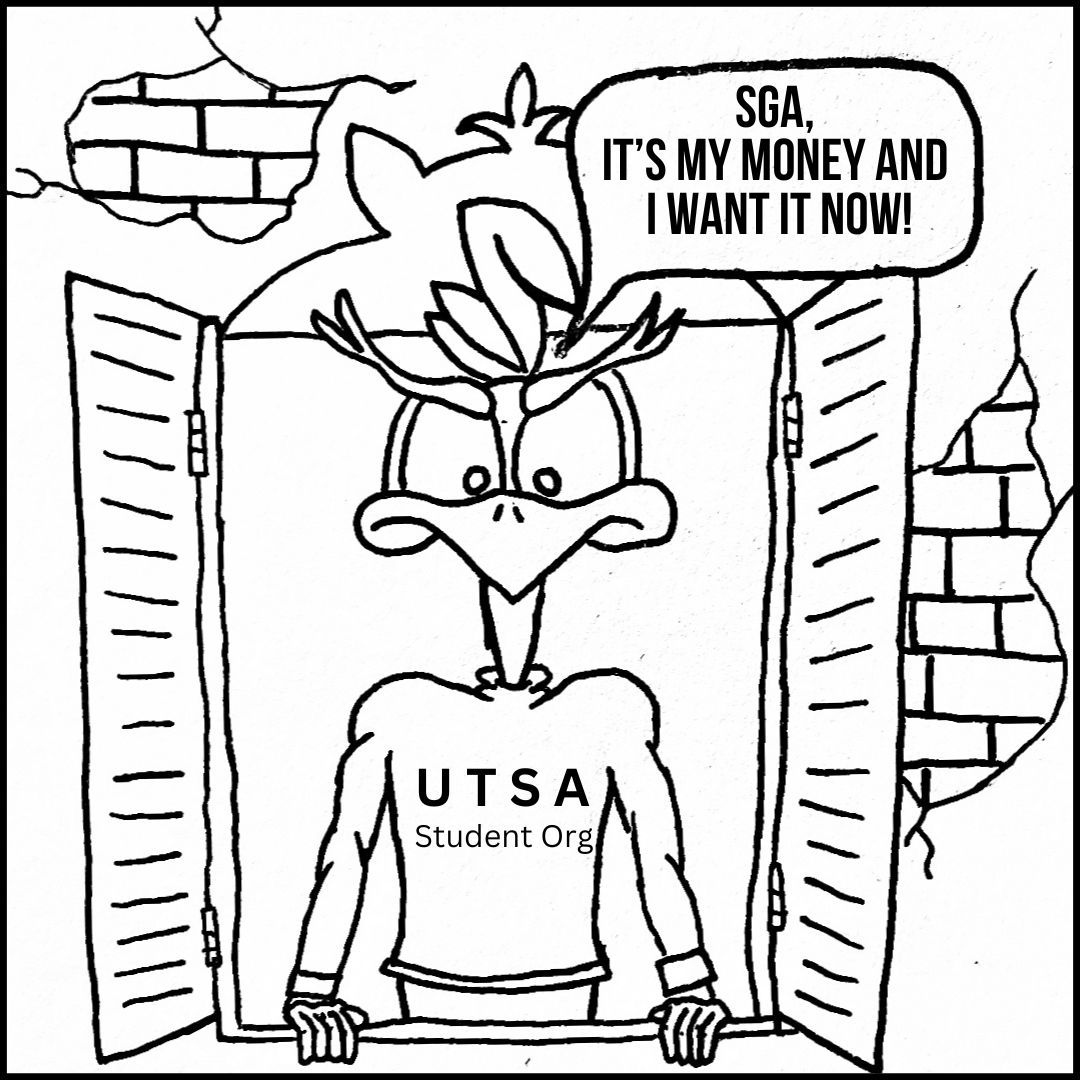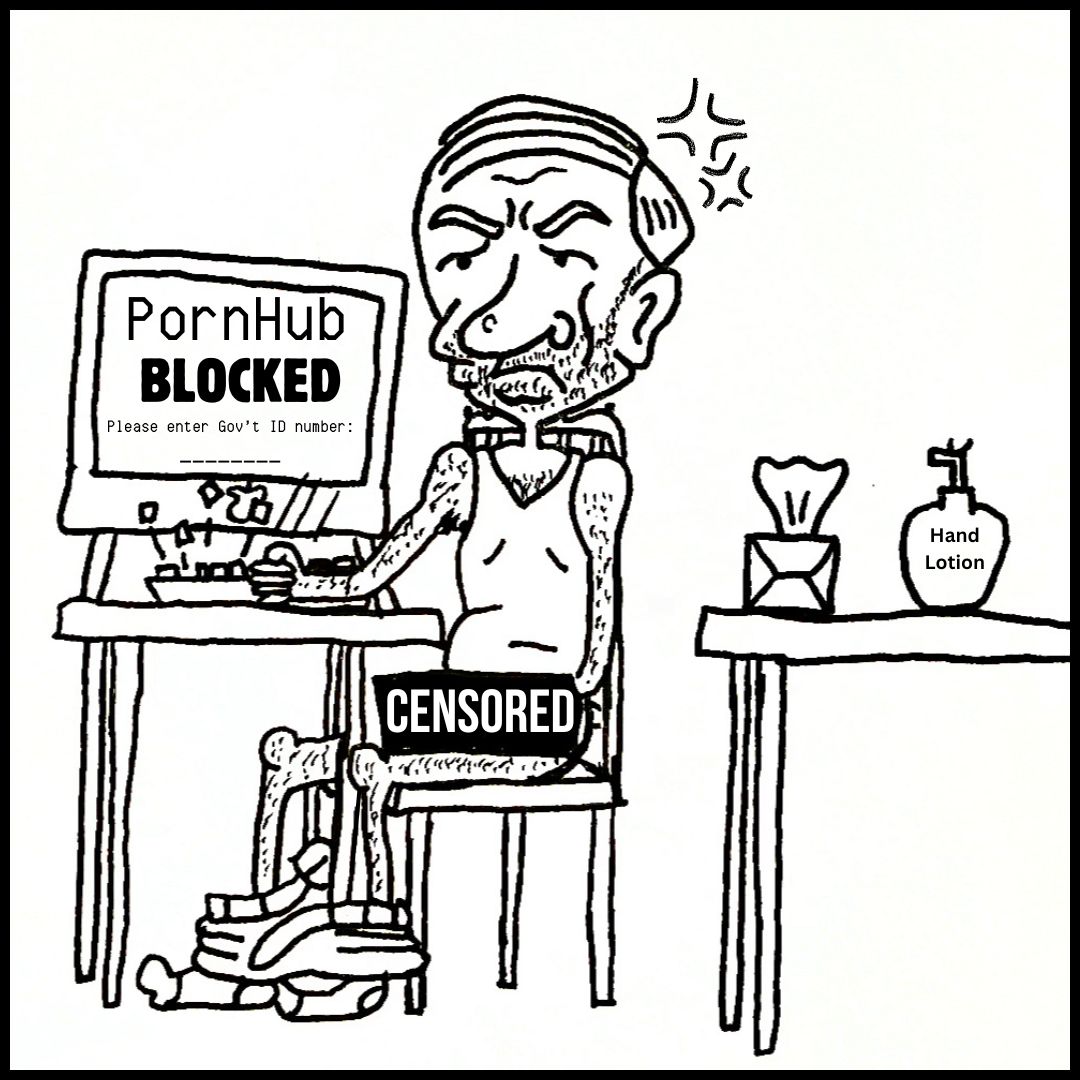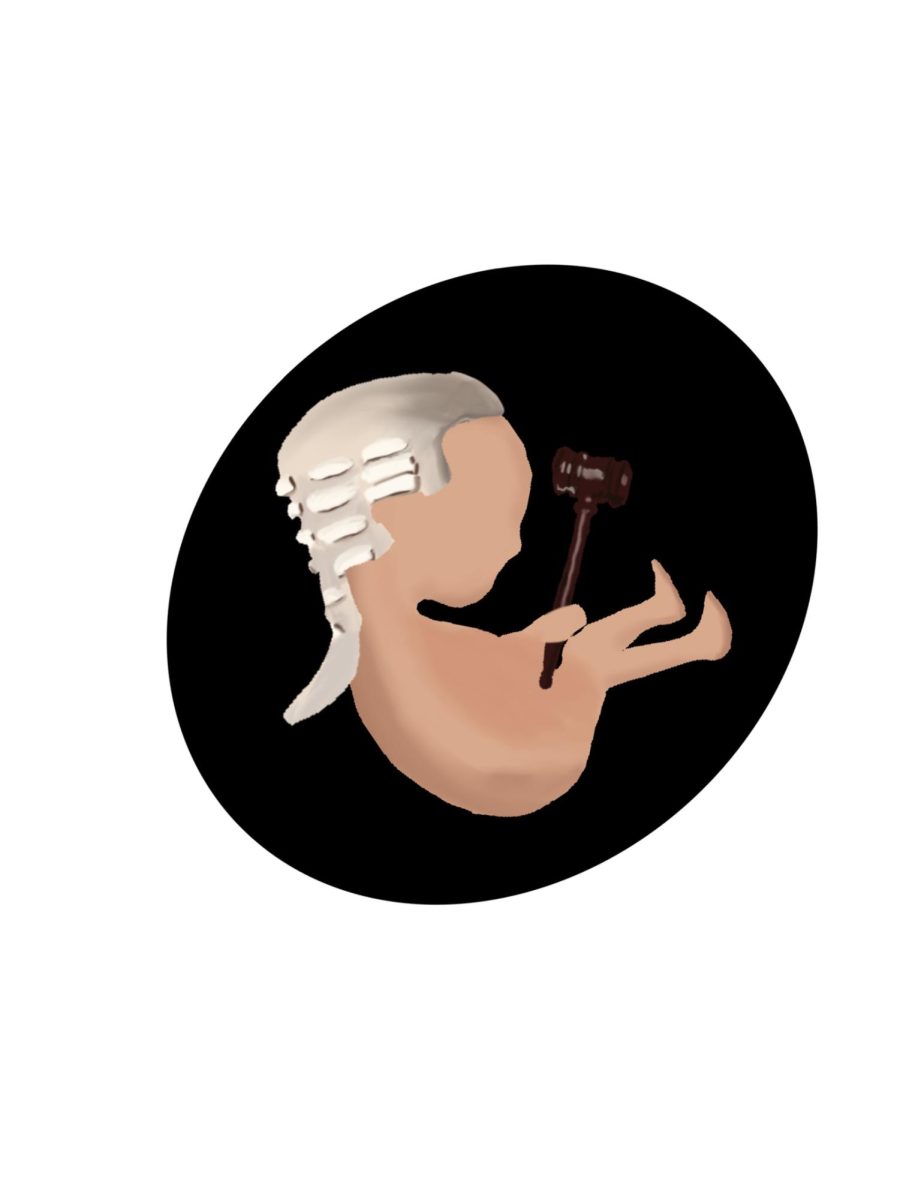As symbols of America’s relatively short, yet contentious history, our nation’s flag and anthem conjure different images for everybody.
San Francisco 49ers quarterback Colin Kaepernick’s refusal to stand for the national anthem at games to draw attention to police brutality has been part of the national conversation for almost a month. But much of the debate is focused on Kaepernick’s means of calling attention to the issue rather than the actual message he’s trying to convey.
The many attempts to strictly define what the flag and anthem represent–and use those interpretations to criticize the method by which Kaepernick is spreading his message–serve no purpose other than to avoid the actual topic of police brutality while reinforcing exceptionalist attitudes about America.
One example of this type of criticism is a memorandum Chancellor William McRaven sent to all athletic directors and university presidents within the UT System on Monday, Aug. 29 (printed below).
The privilege to which UT System Chancellor William McRaven referred in his memorandum is not a universally American sentiment; surely his experience growing up in America differed from many of those he addressed in his recent memorandum.
The freedoms that Associate Vice President and Director of Athletics Lynn Hickey referenced as a reason to salute the flag in her response to the memorandum are certainly not the same freedoms everyone else in this country is afforded.
“I spent 37 years defending freedom of speech and freedom of expression. Nothing is more important to democracy,” wrote McRaven. “However, while no one should be compelled to stand, they should recognize that by sitting in protest to the flag they are disrespecting everyone who sacrificed to make this country what it is today–as imperfect as it might be.”
Claiming that free expression is vital to democracy and that no one should be compelled to stand during the national anthem–but immediately shaming those who would dare express themselves in that way–is disingenuous.
With free expression comes freedom to publicly dissent against authority–a freedom as essential to America’s history as any other.
“The young student-athletes are future leaders of this nation,” McRaven stated. “By showing respect for the flag, they are making it possible for America to be everything we dreamed it could be.”
The occasional resistance to public displays of patriotism is not going to prevent America from reaching its potential as a democracy that is supposed to represent all its citizens.
What could prevent that, however, is suppressing opinions and discouraging discourse that is perceived as a threat to our sense of national pride and preservation of our national symbology.







